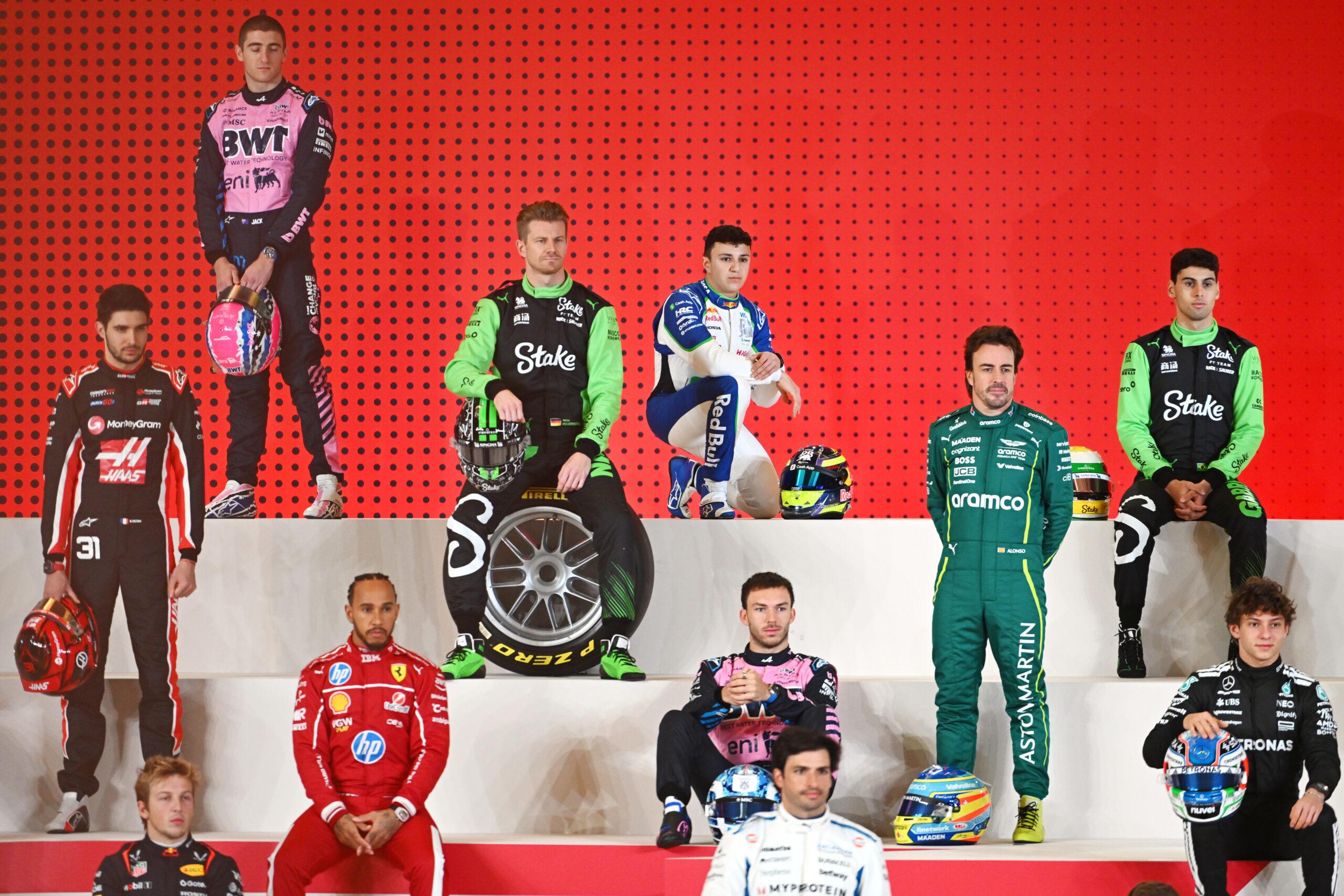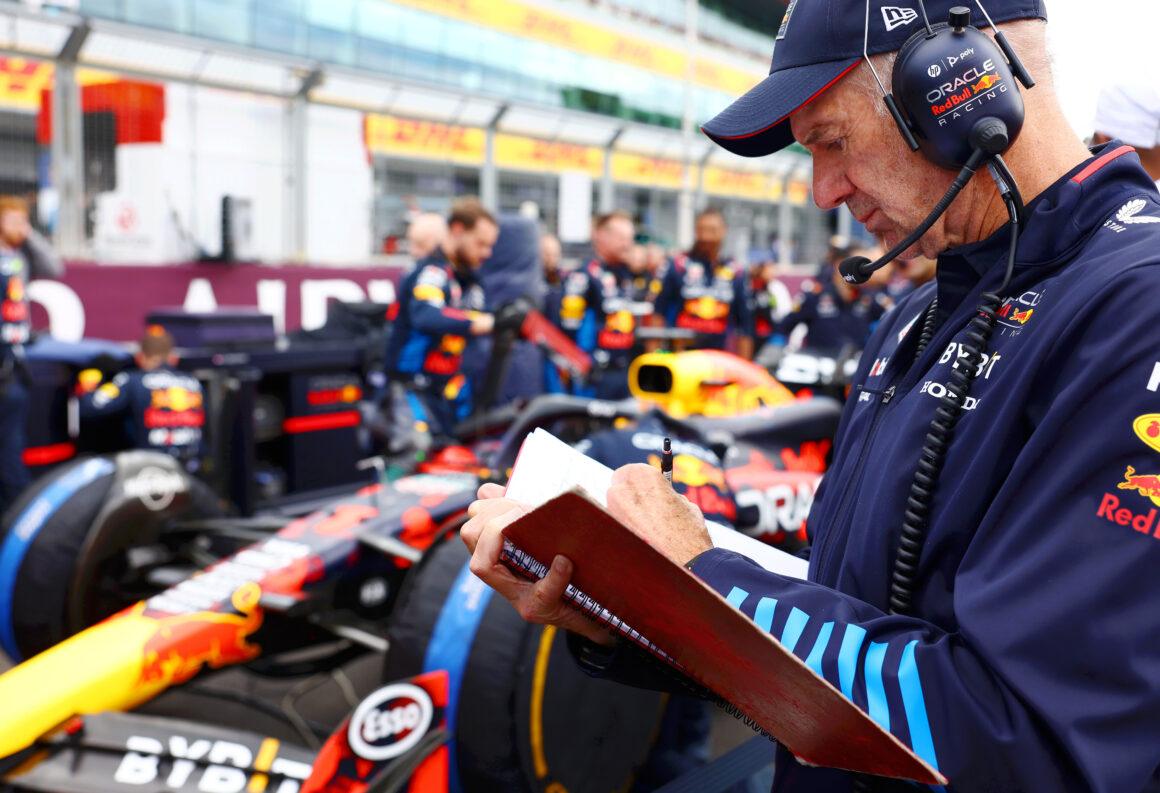“Cars 3 missed the mark.” Cute take. But no. The film didn’t just end a trilogy, it evolved it. Lightning McQueen’s arc didn’t need another trophy; it needed purpose. Pixar gave him that, and handed the franchise its smartest finish. Lights out and away we… oh wait, Cruz already won.
The debate keeps circling one thing: McQueen should’ve beaten Jackson Storm. Really? After 90 minutes of talking about legacy, mentorship, and what comes after winning, we wanted another checkered flag? That’s like asking Schumacher to unretire forever. File this under: Yikes.
The full-circle story Pixar actually told
Doc Hudson wasn’t just McQueen’s coach; he was the blueprint. Hudson’s career turned when he stopped chasing validation and started shaping the next generation. Cars 3 mirrors that cycle with McQueen passing wisdom to Cruz Ramirez. That’s not a cop-out — that’s closure.
Even the filmmakers were open about it: Cars 3 is a story of mentorship. The franchise began with a hotshot learning humility. It ends with that hotshot teaching someone else to win her way. That’s symmetry, not surrender. The plot thickens like Storm’s excuse list.
Hudson’s shadow, McQueen’s light
We get Doc’s past for a reason. His injury, his bitterness, his reinvention as a mentor — all of it sets the stage. McQueen sees the path and refuses to repeat Doc’s regret. He chooses legacy over ego. That’s growth with teeth, not a soft fade-out.
Historical callback? McQueen channeling 2006 Lightning — minus the tunnel vision. He doesn’t chase the hero moment; he engineers one for Cruz. Somewhere, a PR manager just had a minor stroke.
The Cruz decision wasn’t a twist — it was the thesis
Handing the final laps to Cruz isn’t some shock tactic. It’s the movie’s argument made metal: winning isn’t just crossing a line, it’s knowing when to step aside and multiply your impact. McQueen doesn’t lose. He levels up.
And let’s be honest, Cruz pulling the Thomasville flip? That’s poetic. The move belongs to the dirt-track craft Doc taught — not to the wind-tunnel spawn like Storm. It’s old-school soul beating factory-made speed. The competition? Reduced to expensive spectators.
“But McQueen was fast enough!” Great. That’s not the story
Yes, we’ve seen speed stats thrown around. McQueen hit big numbers in his prime. Storm’s stated top speed sits lower. So what? Sports isn’t a spreadsheet. It’s form, mind games, and who executes when it counts. Storm is the algorithm. Cruz is adaptation.
McQueen’s job in the finale isn’t to hit 230. It’s to out-think the future and out-coach the room. He does both. Classic Alonso late-braking — the move that sends more drivers wide than a bad GPS — but as a mentor’s strategy, not a divebomb.
Why the “McQueen should’ve won” crowd misses the emotional math
If McQueen beats Storm, we get a sugar rush and nothing else. He retires? Hollow. He keeps racing? Redundant. With Cruz, he wins twice: the race on the pit wall, and the future on pit lane. That’s how you close a trilogy without repeating yourself.
The film toys with other endings in development. Sure. That’s Pixar doing the laps. The final cut chooses the only option with staying power: the student becomes the driver, the champion becomes the coach, and the sport moves forward. Everyone else? Back to karting school.
Legacy > ego: the Doc factor
Doc never got to write his own second act. Cars 3 hands that privilege to McQueen and lets him finish Doc’s story properly. That mentor radio? That’s the heart of the franchise talking. It’s not about one more ka-chow. It’s about what ka-chow means when you hand someone else the mic.
Sainz’s spin was so spectacular, somewhere Grosjean is taking notes. And this is that, but for emotions — messy, loud, and correct.
Why Cruz had to win — and why Storm had to eat it
Storm’s whole persona is algorithmic arrogance. He belittles, he numbers, he optimizes. Cruz is his worst nightmare: an underestimated racer with craft, hunger, and coaching. When she flips him with a Thomasville special, she doesn’t just beat him. She deletes his operating system.
Storm wasn’t afraid of Cruz? Watch the body language once she mirrors his moves and throws back his trash talk. The bully folds when the script flips. The rain showed up like that friend who causes drama — and then Cruz danced in it.
The “rewrite of Hudson’s life” complaint falls apart
Of course the film rhymes with Hudson’s arc. That’s the point. But instead of tragedy, we get redemption. Instead of a career-ending crash, we get a baton pass. It’s history improved, not repeated. Channeling 1950s Dirt-Track Legend — except this sequel? We actually asked for it.
And make no mistake: Cruz winning under McQueen’s number with McQueen as entrant isn’t robbing him. It’s honoring Doc’s legacy while carving Cruz’s. Two legacies, one checkered flag. Efficient. Brutal. Perfect.
What the ending unlocked for the franchise
By refusing to freeze Lightning in time, Cars 3 keeps the world alive. We leave with McQueen still racing when he wants, mentoring when he should, and shaping a future where Cruz, not committee-built rookies, leads the grid. That’s sustainable storytelling, not a nostalgia lap.
It also opens the door for richer conflicts: mentorship tensions, evolving tech, and the human — sorry, car — cost of staying competitive. Grab your popcorn, the sport is bigger than one ego now.
Thematic victory list: who actually won?
- McQueen: Trades short-term glory for long-term legacy. Power move.
- Cruz: From trainer to champion, using her own style. That flip lives rent-free.
- Doc: His philosophy wins the day — again. Posthumous masterclass.
- The franchise: Escapes repetition, earns emotional credibility. Franchise saved.
The final lap: why this ending was the only ending
Pixar chose courage over comfort. They could’ve handed McQueen one last vanity win. Instead, they gave him something richer: the satisfaction of building a champion and the freedom to choose what comes next. That’s character, not fan service.
Cars 3 didn’t just land the plane; it upgraded the airport. The old guard bows with grace, the new guard roars with style, and the story respects both. The competition? Reduced to expensive spectators.



